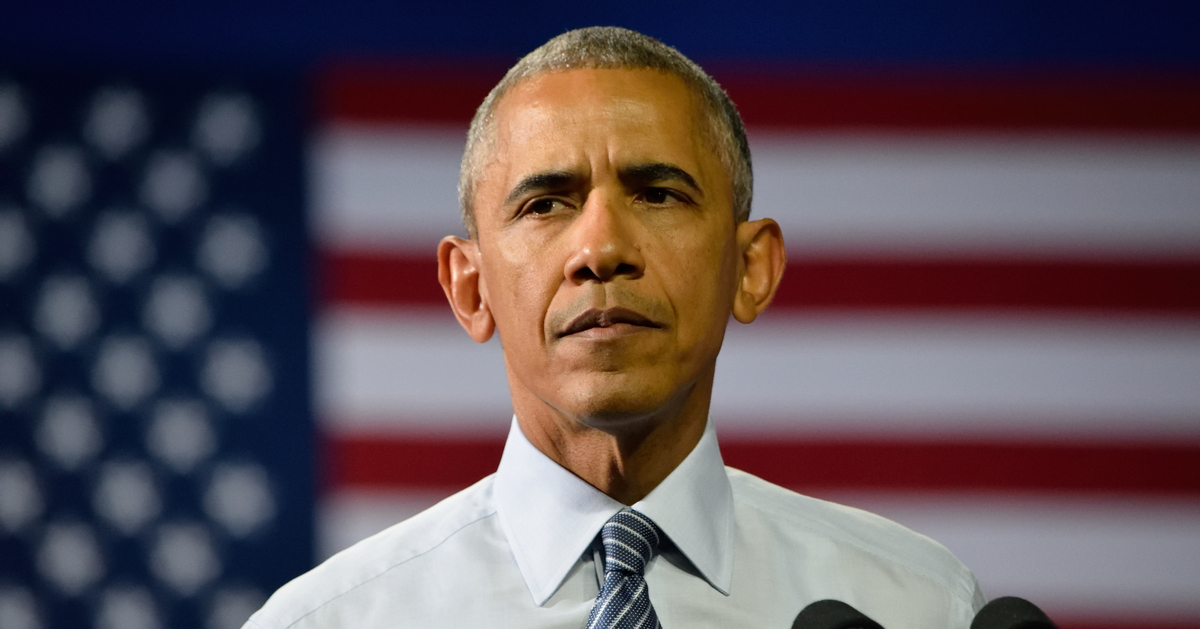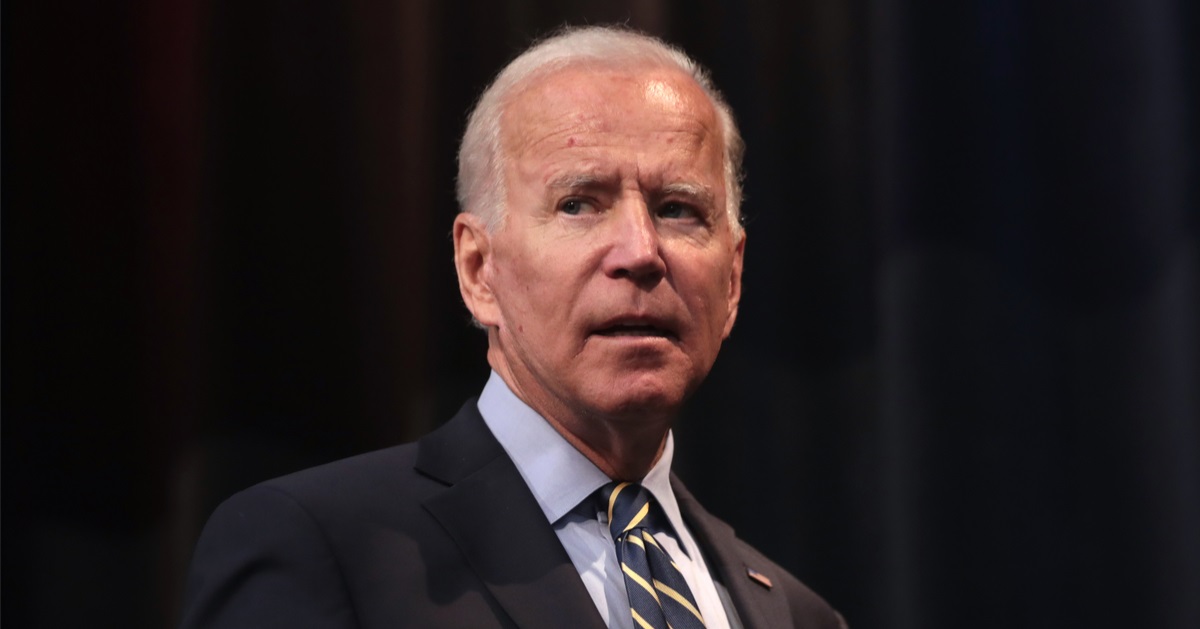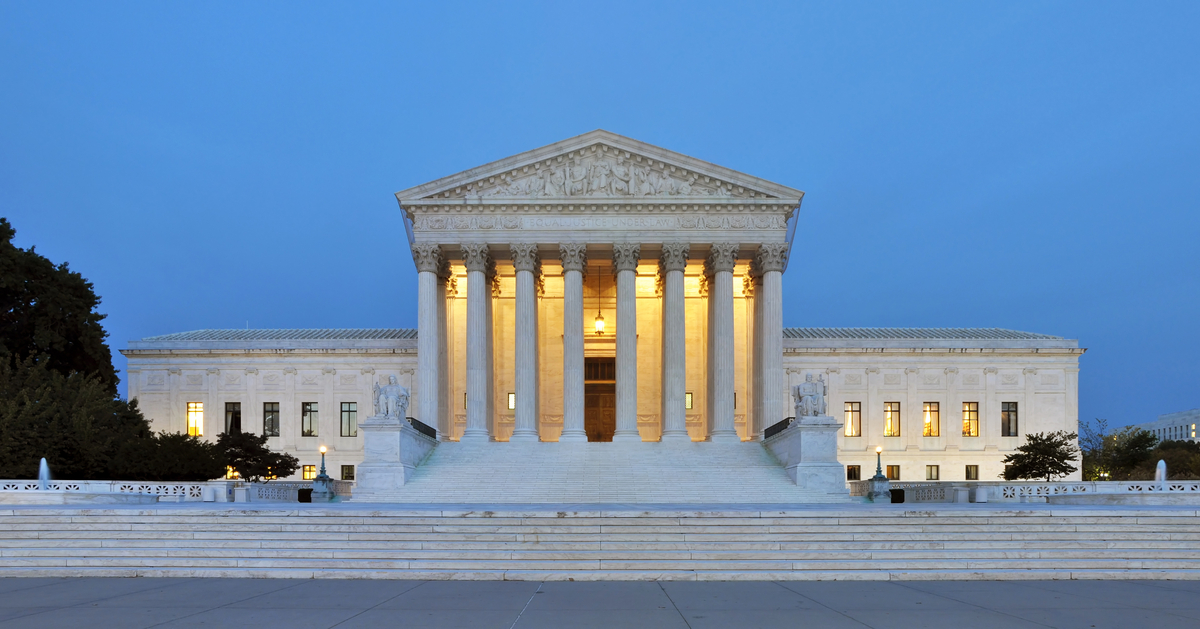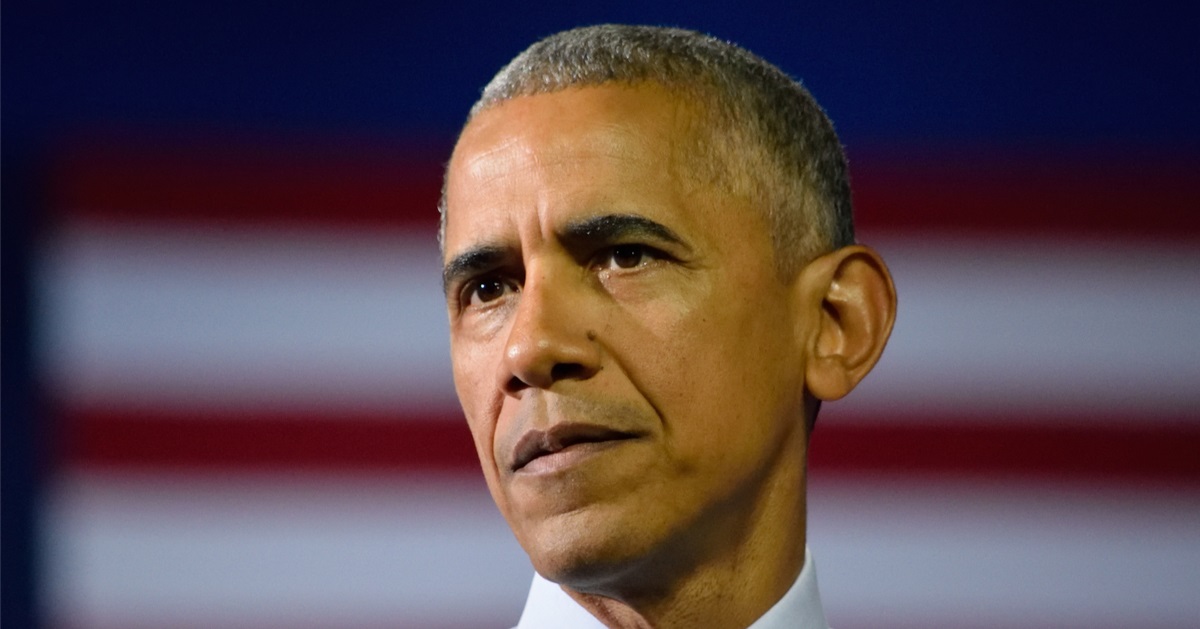Justices Kavanaugh and Jackson disqualify themselves from case of former Gitmo detainee due to 'prior judicial service'
The Supreme Court on Monday declined to take up an appeal from a former Guantanamo Bay detainee who sought to have a prior conviction on war crimes overturned.
Two of the court's nine justices removed themselves from consideration of the matter and did not take part in that decision, including Justices Brett Kavanaugh and Ketanji Brown Jackson, Newsweek reported.
Their disqualification and recusal were likely because both had previously participated in the detainee's case during their prior roles as appellate judges.
Appeal rejected
According to Newsweek, the Supreme Court on Monday declined to take up the petition of Omar Khadr, a Canadian-born former Guantanamo Bay detainee who was convicted in 2010 of murdering a U.S. soldier in Afghanistan, among other war crimes.
Part of his guilty plea involved a waiver of his right of appeal, which he had challenged following a separate ruling that raised doubts about whether he even should have initially faced any charges.
Yet, in an Order List released Monday, the Supreme Court announced, "The petition for a writ of certiorari is denied. Justice Kavanaugh took no part in the consideration or decision of this petition. Justice Jackson took no part in the consideration or decision of this petition. See 28 U. S .C. §455 and Code of Conduct for Justices of the Supreme Court of the United States, Canon 3B(2)(e) (prior judicial service)."
Justices previously ruled on Khadr's case as appellate judges
28 U. S .C. §455(b)(3) states that a federal "justice, judge, or magistrate" should "disqualify" themselves from any "proceeding" if they have "served in governmental employment and in such capacity participated as counsel, adviser or material witness concerning the proceeding or expressed an opinion concerning the merits of the particular case in controversy."
Likewise, Canon 3B(2)(e) of the Supreme Court's new Code of Conduct states: "A Justice should disqualify himself or herself in a proceeding in which the Justice’s impartiality might reasonably be questioned, that is, where an unbiased and reasonable person who is aware of all relevant circumstances would doubt that the Justice could fairly discharge his or her duties."
Among the several circumstances that could result in disqualification is if "The Justice has served in government employment and in that capacity participated as a judge (in a previous judicial position), counsel, advisor, or material witness concerning the proceeding or has expressed during prior government or judicial service an opinion concerning the merits of the particular case in controversy."
Newsweek observed that both Justices Kavanaugh and Jackson had previously heard and ruled on Khadr's case when they previously served as appeals court judges before joining the Supreme Court.
Convicted of war crimes, including killing a U.S. soldier in Afghanistan
ABC News reported that Khadr was just 15 when he was apprehended by U.S. forces following a firefight near an Al-Qaeda stronghold in Afghanistan, during which U.S. Army Sgt. First Class Christopher Speer, a Special Forces medic, was killed.
Khadr was accused of throwing the grenade that killed Speer and was ultimately detained at Guantanamo Bay, where he was eventually convicted of war crimes by a military commission that sentenced him to eight years in prison, including his time already served at Gitmo.
He was eventually released from custody in 2015 pending an appeal of his guilty plea and the purported waiver of his right of appeal, which had been spurred by a separate appellate court ruling, though a split three-judge panel decided that the separate ruling didn't apply to him.
ABC News also noted that a Canadian judge had ruled in 2019 that Khadr's war crimes sentence had expired, meaning he will not be returned to custody despite the rejection of his appeal to vacate his prior conviction.






